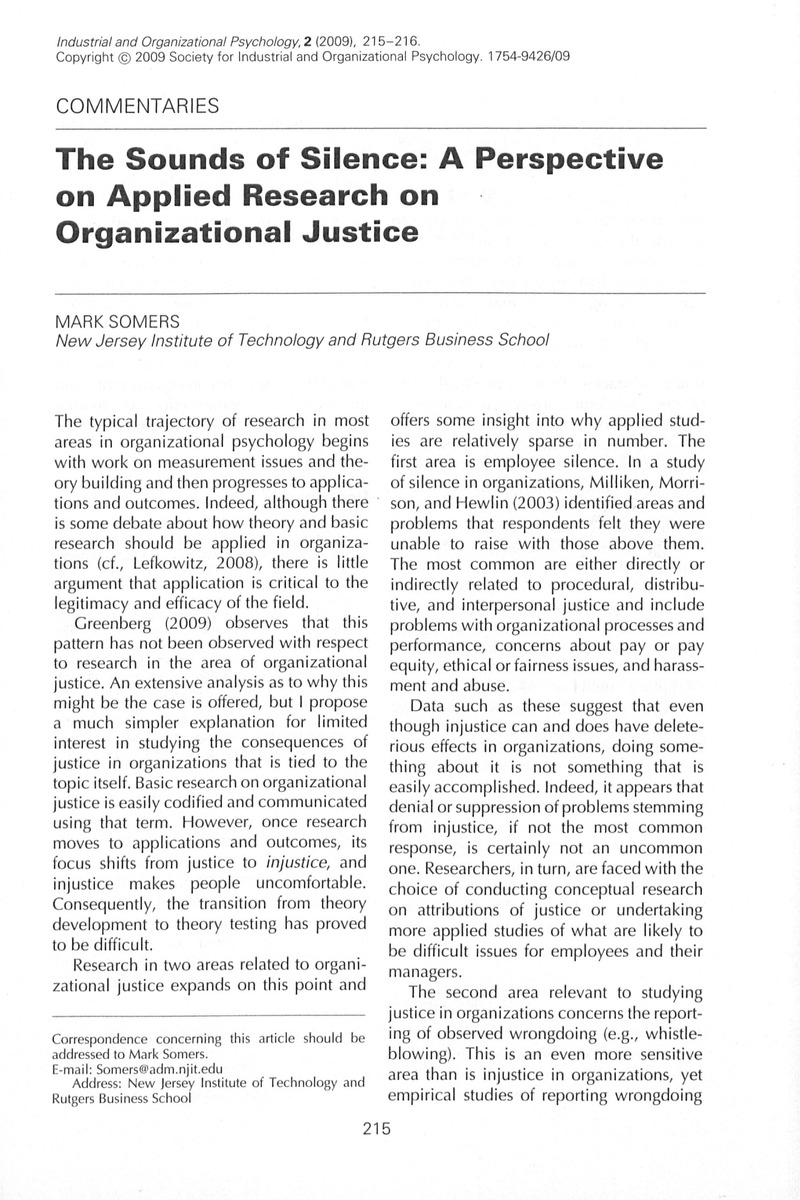Crossref Citations
This article has been cited by the following publications. This list is generated based on data provided by Crossref.
Greenberg, Jerald
2009.
Applying Organizational Justice: Questionable Claims and Promising Suggestions.
Industrial and Organizational Psychology,
Vol. 2,
Issue. 2,
p.
230.



